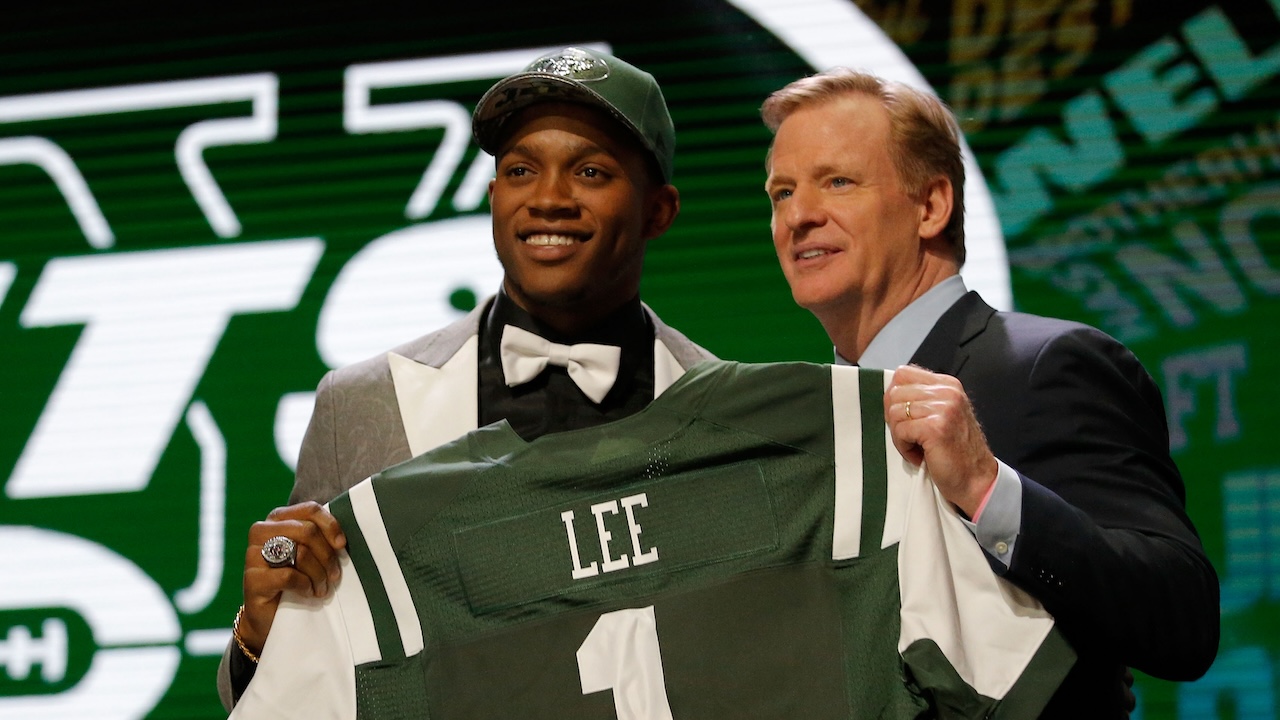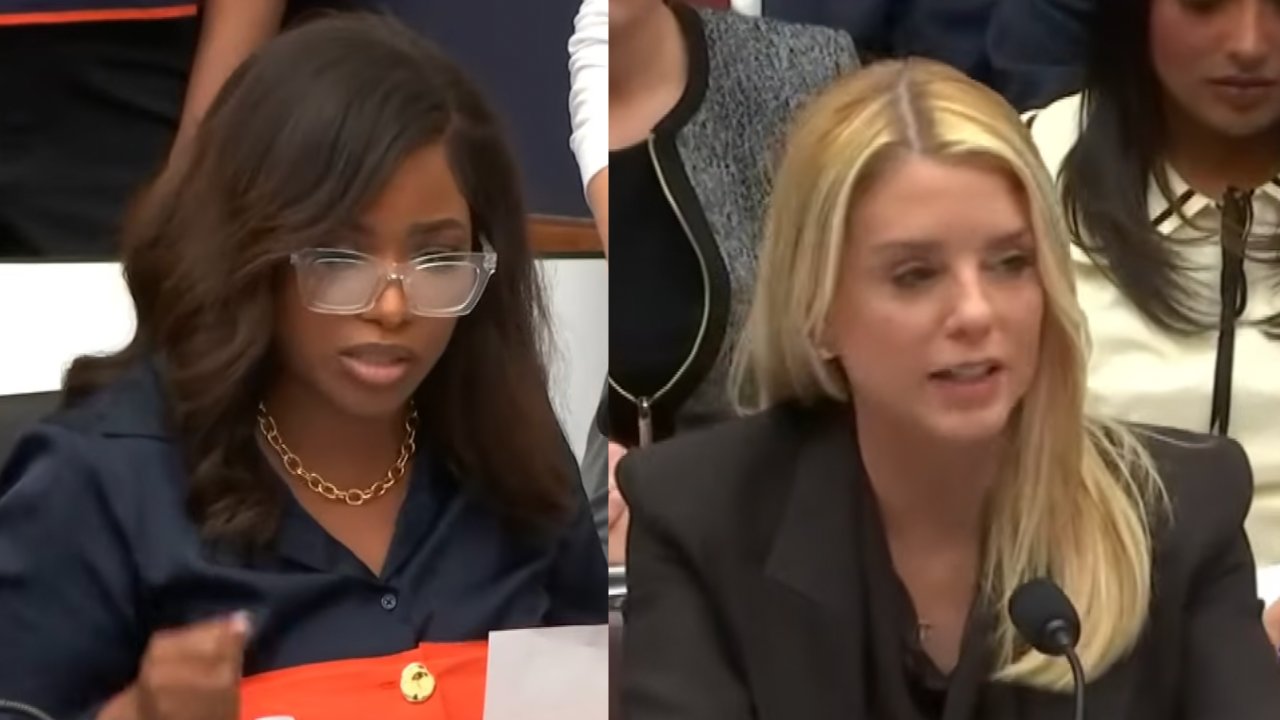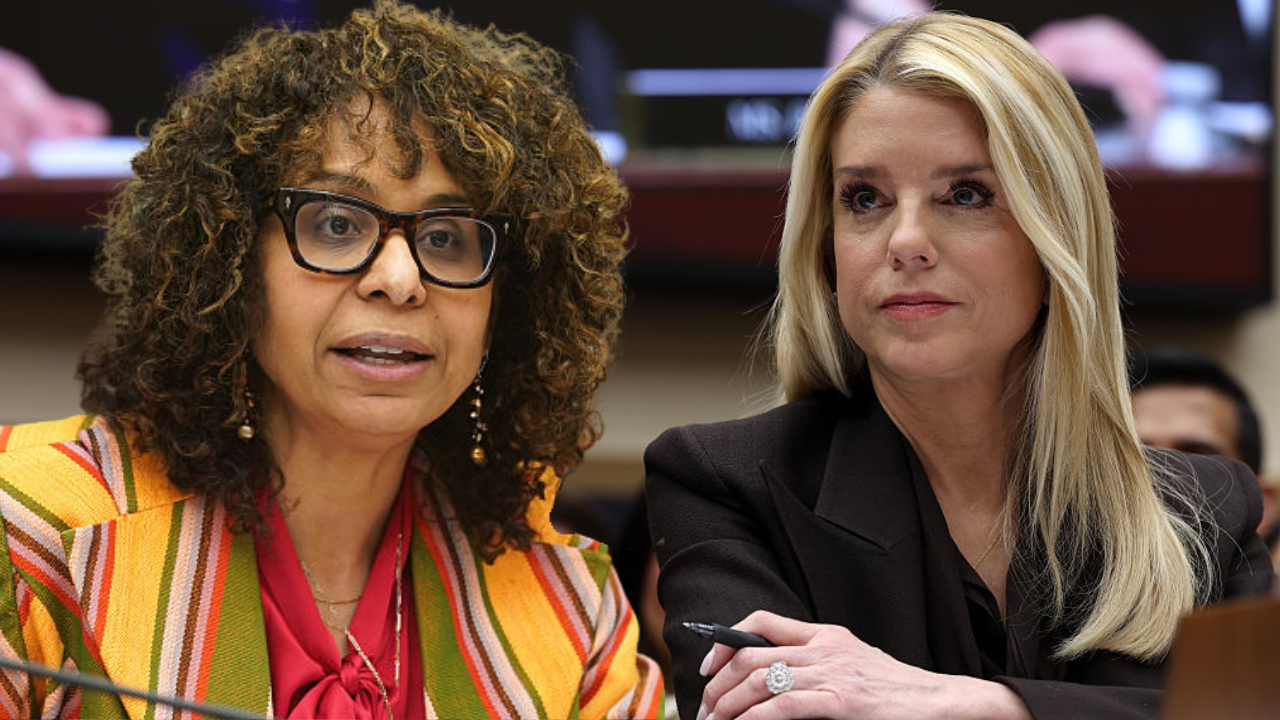Hulk Hogan’s legacy isn’t complicated

Hulk Hogan, born Terry Gene Bolea, died Thursday in Clearwater, Florida. He was 71 years old. Hogan was one of the most recognizable figures in American pop culture from the 20th century, thanks to his dominance as one of professional wrestling’s biggest stars in the 1980s and ’90s.
As the centerpiece to Vince McMahon’s World Wrestling Federation, Hogan became a household name and the driving force behind pro wrestling breaking into the mainstream. There’s a world in which Hogan’s obituaries end at his wrestling accolades.
But this won’t.
Because Hulk Hogan is a self-admitted racist who was caught on tape using the N-word freely on multiple occasions and also dreading the idea that his son’s arrest could mean that the two could be reincarnated as Black men. When that is part of your legacy, it becomes singularly defining. As a result, Hulk Hogan died being known a racist who also became famous as a professional wrestler. He only has himself to blame for that.
To have come up as a child in the ’80s and early ’90s is to have been raised loving Hulk Hogan. His image was that of a real-life American superhero. He was larger than life, ripping off his red and yellow T-shirt, flexing his 24-inch “pythons,” and defeating any number of villains from Andre the Giant to Big Bossman.
His Americanness was in his excess — huge steroid-induced muscles, theatrical matches and xenophobic storylines, taking on people like the Iron Sheik during Operation: Desert Storm in the early 1990s. Hogan’s mantra of “say your prayers and eat your vitamins” was a rallying cry for an entire generation of kids.
After a nasty breakup with WWE and chairman McMahon, Hogan joined rival World Championship Wrestling. It was there in 1996 that he did the unthinkable and turned into an on-camera villain, once again shifting the paradigm for wrestling and helping usher in a new golden era for the industry.
Even as Hogan continued to reach new levels of stardom, his off-camera reputation started to crumble among those in the wrestling community. He’d already been accused of turning on his fellow wrestlers when they tried to unionize in the 1980s, something he would later admit. He’d also been known as someone who used his power to hold back other stars, pushing for his character to reign supreme in wrestling storylines.
However, the overall public sentiment about Hogan was unimpeachable. He was an American icon. But that all changed on July 24, 2015, exactly 10 years before Hogan’s death. It was on this day that Gawker, then an extremely popular blog, released audio of Hogan’s racist rant about his daughter’s dating life.
Joe Raedle/Getty Images
“I mean, I don’t have double standards. I mean, I am a racist, to a point, f–king n—-rs,” Hogan said. “But then when it comes to nice people and s–t, and whatever. …I mean, I’d rather if she was going to f–k some n—-r, I’d rather have her marry an 8-foot-tall n—-r worth a hundred million dollars! Like a basketball player! I guess we’re all a little racist. Fucking n—-r.”
That rant would become the most famous, but further audio leaks revealed even more racist vitriol. In a phone call with his son Nick, who was in jail following a horrific car accident, Hogan used the N-word (“N—a, n—a, that means, that means you (are) my best friend,” he said) and also worried about becoming Black in another life: “You know that God gave you this vibe and this, this, energy that you and I are going to live forever, bro. …I just hope we don’t come back as a couple, I don’t want to say it, blizz-ack gizz-uys, you know what I’m saying?” Hogan quipped.
The leaks would lead to Hogan being removed from WWE’s alumni pages and his appearances as a legend for the company was stripped. In 2018, the WWE welcomed Hogan back into the Hall of Fame, with the company featuring him again in events and shows. When he made his return, Hogan delivered a speech to the locker room about the incident. According to wrestlers present, the “apology” focused more on not getting caught on camera than any true remorse. Yet Hogan was allowed to continue making appearances with WWE, even up until this year. His final appearance was in January during an episode of “Monday Night RAW” in Los Angeles, where Hogan was summarily booed out of the building.
Maybe some of the reaction had to do with it being the first public appearance, in liberal California at that, since his endorsement of Donald Trump at the Republican National Convention a few months earlier. But it was also a reminder that Hogan’s image was never able to truly recover from his racism.
Nor should it.
There is no amount of accomplishment that can erase racism. There isn’t enough nostalgia, memories or celebration to remove “I am a racist” from the way you are remembered, especially in the absence of any sort of true remorse.
The Hulk Hogan tributes will still pour in, of course. Many people loved him until the day he died. But his legacy isn’t complicated. It’s simple: Hulk Hogan’s racism is character-defining no matter what came before it. And it’s inextricable from any story there is to tell about the man himself, regardless of the memories he provided along the way.
What's Your Reaction?
 Like
0
Like
0
 Dislike
0
Dislike
0
 Love
0
Love
0
 Funny
0
Funny
0
 Angry
0
Angry
0
 Sad
0
Sad
0
 Wow
0
Wow
0






























